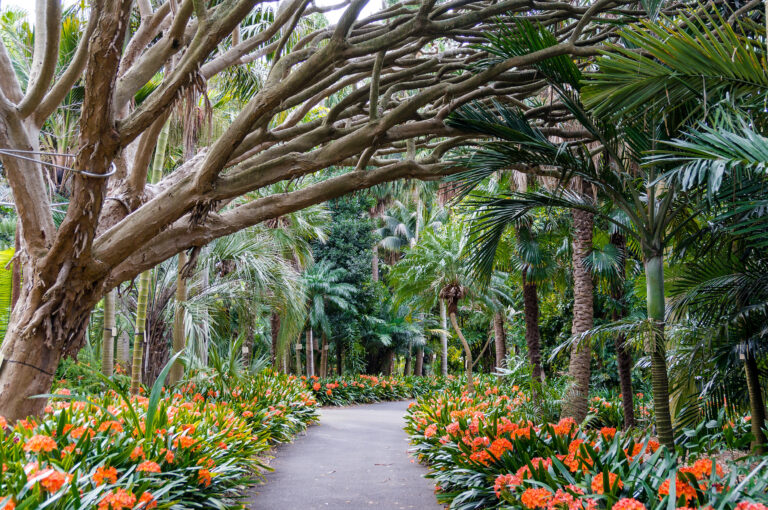The University of Surrey has led an international research team – including the UK Centre for Ecology & Hydrology (UKCEH) – to study the cooling effect of natural features in more than 100 cities and towns worldwide.
The study, carried out as a part of the UK Research and Innovation-funded Reclaim Network Plus, is published in the journal The Innovation. It involved around 30 scientists from five countries, including Dr David Fletcher and Prof. Laurence Jones of UKCEH.
They found that green spaces and water can reduce temperatures in cities by shading and because water vapor given off by plants or water bodies cools the air by evaporation. Although there was variation depending on local factors, there were some general patterns; by and large, the larger the area of green space or waterway, the greater the cooling effect.
The average temperature reductions were: -5°C for botanical gardens; -4.7°C for wetlands; -4.5°C for rain gardens; -4.1°C for green walls; -3.8°C for street trees; -3.5°C for city farms; -3.2°C for parks; -2.9°C for reservoirs; and -2.9°C for playgrounds.
Prof. Jones explained, “Our study provides comprehensive evidence of the extent of the cooling effect of green spaces and waterways, and identifies features where we need more information on their cooling potential. In addition to reducing temperatures in urban areas, green and blue infrastructure projects can also store carbon, improve air quality and reduce flooding. Our research will therefore help town planners make cities more resilient to the effects of climate change, as well as improve the health and well-being of their residents.”
For more key hydrology updates from the meteorological technology industry, click here.



